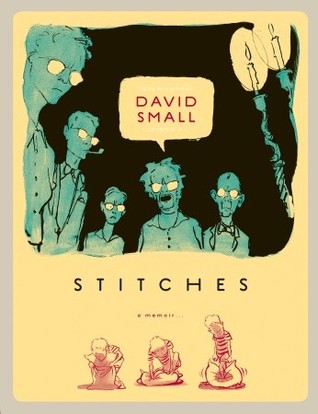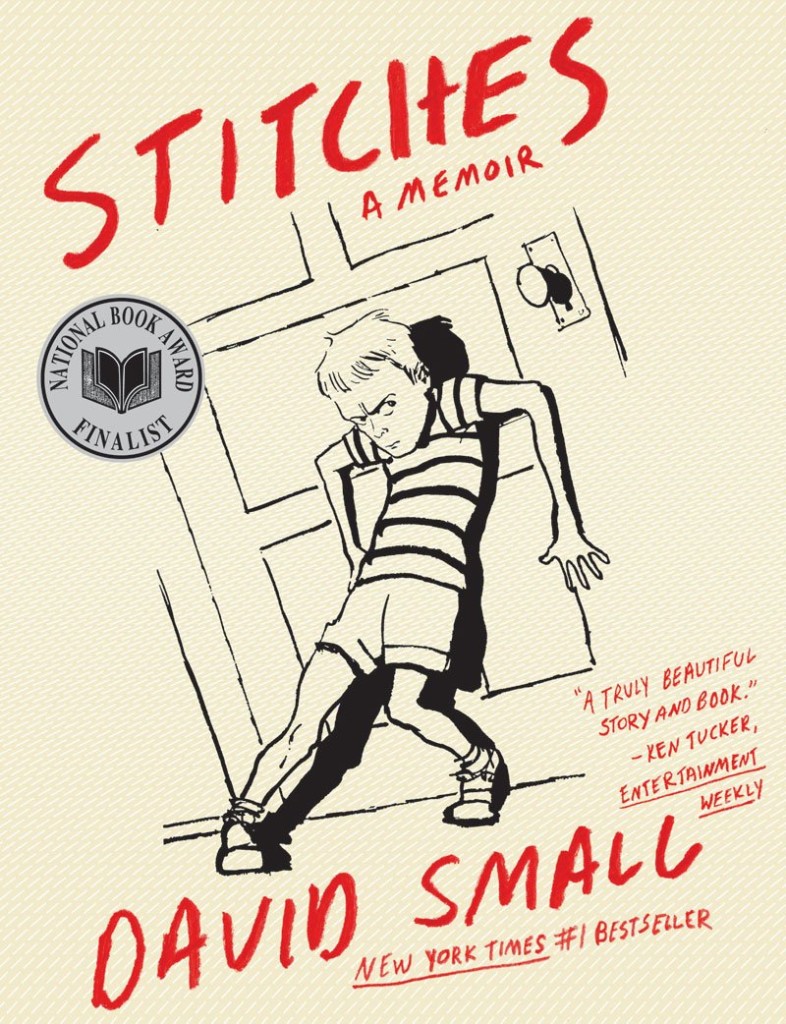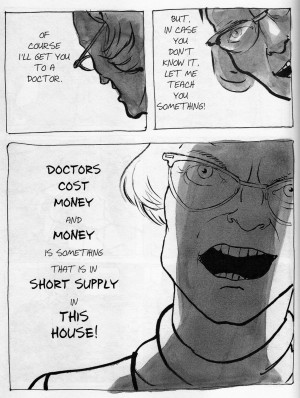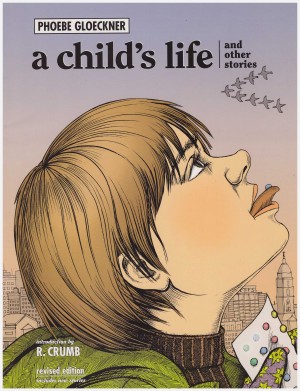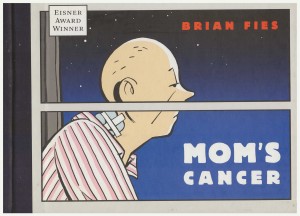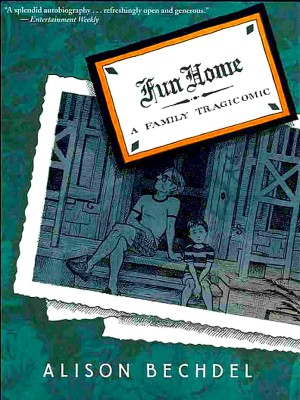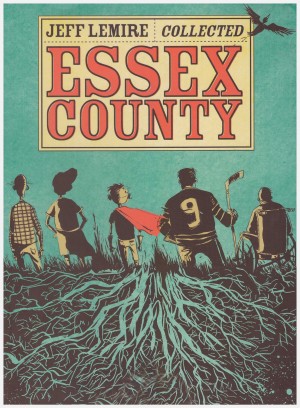Review by Allen Rubinstein
After a decade or so of graphic novels being the only segment of bookstores with a growing audience, more and more new blood entered the field, many with predictably wan results. (But) Among the celebrity flashes-in-the-pan and valiant first efforts, came a heart-rending masterpiece from an artist who had never created a comic in his life – David Small’s Stitches. The Caldecott Award-winning picture book writer and illustrator had an amazing story to tell and created a book that can be held among the most powerful autobiographical works in the medium. He seems to have arrived with an instinctive sense of how comics work as well as the inexperience to push the boundaries even further.
One thing’s for sure, David Small had a rough time of it. He was raised by two emotionally abusive parents who felt no need to treat their son with any regard, respect or honesty much less loving attention and guidance. His severe, penny-pinching mother is a wellspring of passive-aggressive hostility, communicating her dark moods through slammed doors and cabinets, while Small’s scolding, know-it-all father can be heard nightly pounding the punching bag in the basement. The family members in Stitches are thus defined by these non-verbal forms of communication, just as Small is involuntarily robbed of his voice just as he becomes a teenager.
Small contracted throat cancer and needed to have some of his vocal cords removed, leaving him only capable of mustering a harsh, raspy whisper. His parents, who believed he was going to die of the disease, thought it unnecessary to inform him of his illness, either before or after the operation that silenced him. Eventually, Small uncovers this lie, just one of a series of revelations about the household he lives in, and his parents simply, and angrily, justify their behaviour.
That his life circumstances left him with such a plain allegory for his family’s secrets is a boon to this graphic novel, while it made his adolescence one of isolation and resentment. When he starts finally acting out his misery, they are forced to get him help, leading to a scene, the process and artistry of which is simple, elegant and practically defines how comics can create resonance through visual representation. Without spoiling, two perfect metaphors in quick succession illustrate a key turning point in Small’s life. He allows his imagery to speak for itself – a welcome departure from so many comics autobiographies that feel the need to accompany every single panel with flat narration of feelings or circumstances. Instead, Small captures the sense of pain he was carrying in the way a film would use a soundtrack of soft notes from a piano. It’s a stunning sequence that leaves one aching for this fragile boy’s salvation, to stitch together the pieces of his broken spirit.
Small’s artwork has similarly unique approach, using diaphanous grey watercolor and spare backgrounds. While the hardcover sports a hideous cover (it looks like a zombie yarn called David Small), behind it, the delicacy of the art perfectly supports the sensitive, emotional tone, and his cleverness echoes some of the impressionistic flourishes of Craig Thompson’s Blankets.
In Stitches, Small uses the tools of comics storytelling in ways that escape many more experienced creators, and brings his painful past to life in ways that are deeply moving. Perhaps, Orson Welles-like, he didn’t know the rules well enough to adhere to them, and ended up transcending them.
